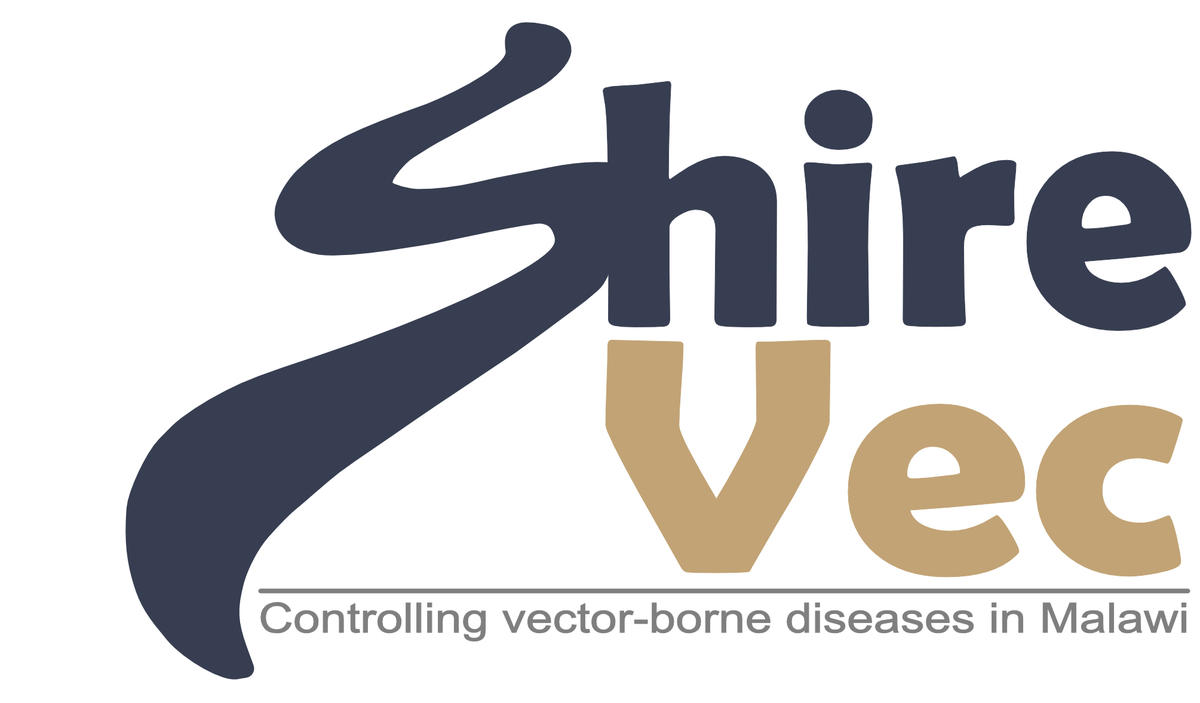
The Shire Valley Vector Control Project (Shire-Vec)
Controlling vector borne diseases in Malawi

The NIHR Global Health Research Group on Controlling Vector Borne Diseases in Emerging Agricultural Systems in Malawi is a research collaboration between LSTM, Malawi College of Medicine, Malawi-Liverpool-Wellcome Trust Centre, Lilongwe University of Agriculture and Natural Resource and African Institute for Development Policy (AFIDEP). It is led by Dr Themba Mzilahowa: Kamuzu University of Health Sciences (KUHeS) and Dr Chris Jones (LSTM).
Based in the Chikwawa region of southern Malawi, the group’s Shire Valley Vector Control Project (Shire-Vec) will focus its research on the Shire Valley Transformation programme (SVTP), a new 40,000-hectare irrigation scheme which began construction in 2020. Shire-Vec will investigate how the new irrigation scheme affects vector-borne diseases like malaria and schistosomiasis and their influence on smallholder farming practices. Working with local farmers, Shire-Vec will offer practical solutions to manage the impact of the SVTP across both public health and agriculture.

Shire-Vec’s Objectives
Stakeholder engagement and vector control research capacity
Shire-Vec will bring together stakeholders from across public health and agriculture via the Technical Vector Control Advisory Group of the Ministry of Health in Malawi and will establish a Community Advisory Group with the local farming communities. Pre- and post-doctoral Malawian trainees will be recruited to strengthen the future capacity of vector-borne disease research and control in Malawi.
Disease surveillance to determine the risk of disease inside and outside of the irrigation catchment area
Shire-Vec will conduct vector surveillance at selected sites around irrigated farms to monitor any changes to insect and snail populations and their distribution. Shire-Vec will study the behavioural practices in the farming communities exploring the influence on vector-host contact due to the irrigation scheme.
Pilot locally tailored interventions
Shire-Vec will pilot novel interventions for vector management and determine their acceptability to the community whilst establishing their value for money.
Integrate vector control into agricultural and irrigation policy
Using the evidence generated, Shire-Vec will provide recommendations for mitigating vector-borne disease in future planned extensions of the SVTP beyond 2025 and other national agricultural development schemes.
|
Malaria and newly irrigated lands |
Schistosomiasis and exposure in irrigation canals |
Emergence of zoonoses |
|
|
Land-use change |
Irrigated farm blocks expand area of standing water for mosquito breeding |
New water contact risk-points from construction of irrigation canals |
Agricultural incursion produces monocultures with less biodiversity |
|
Local vector populations |
Increased opportunity for year-round breeding by mosquitoes |
Primary, secondary and tertiary canals provide habitat for host snails. |
New habitat niches created for vectors |
|
What is the potential risk of increased transmission? |
Malaria endemic in Chikwawa & Nsanje districts. Dry-season transmission in populations within or adjacent to scheme |
Opportunities for admixture between human and animal schistosomes. |
Biodiversity loss associated with zoonotic emergence |
|
What changes inhuman behaviour will influence risk? |
SVTP reshapes social, economic and cultural factors which may increase or decrease exposure to infectious mosquito bites |
Increased exposure for canal workers and farmers. |
Rise in contact between the local population with livestock and wildlife |















